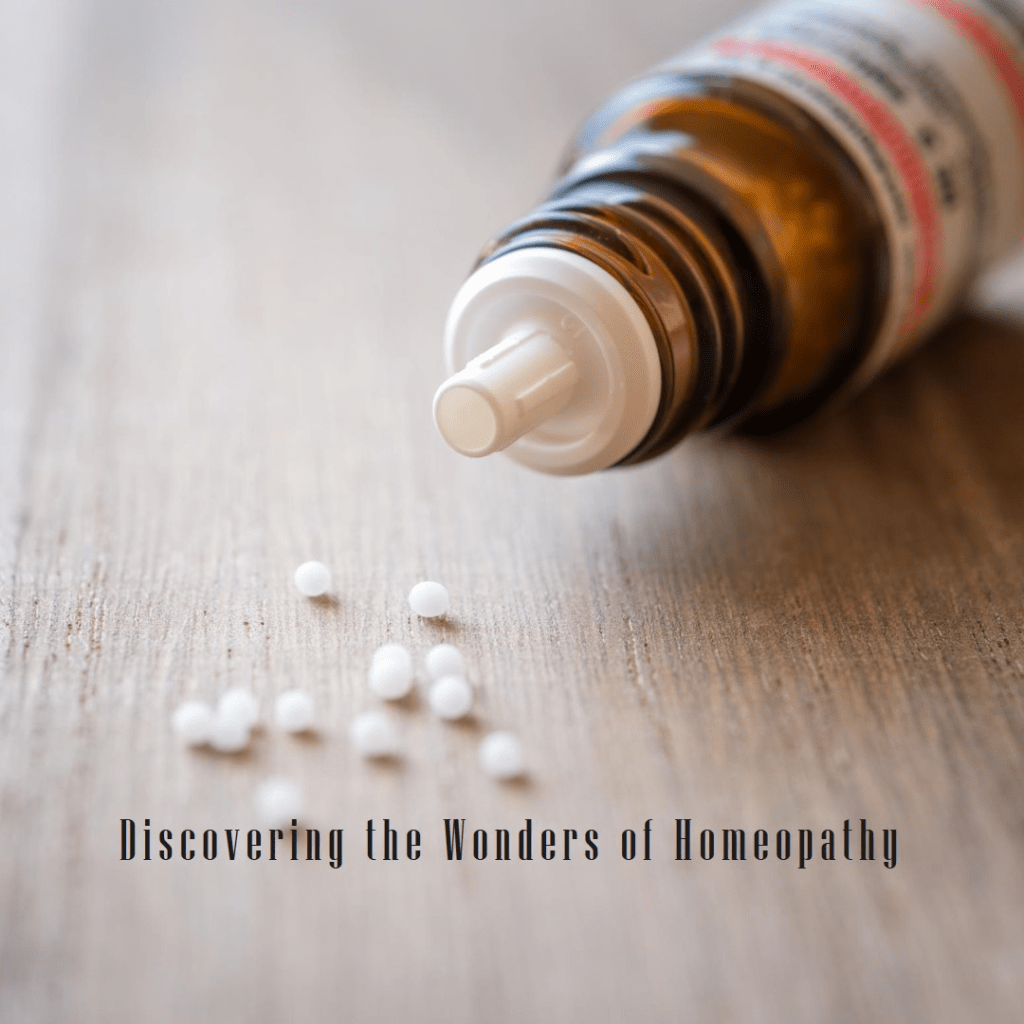What is Homeopathy Famous For? Unlock the secrets behind homeopathy's global renown. Explore its rich history, principles, and contributions to healthcare in our comprehensive guide.
Table of Contents
Introduction: What is Homeopathy Famous For
In the realm of What is Homeopathy Famous For, homeopathy stands as a venerable practice, celebrated for its holistic approach to health and its enduring legacy. But what exactly is homeopathy renowned for? In this comprehensive exploration, we delve into the rich tapestry of homeopathy's history, principles, and notable contributions to healthcare. Join us on a journey to uncover the essence of what makes homeopathy truly famous.

A Historical Odyssey
Homeopathy's roots trace back to the late 18th century when German physician Samuel Hahnemann developed its foundational principles. Driven by a quest for safer and more effective medical practices, Hahnemann pioneered the concept of "like cures like" – the fundamental principle of homeopathy. This revolutionary idea posits that substances which produce symptoms in healthy individuals can, in minute doses, alleviate similar symptoms in the sick.
As the fledgling practice gained traction, it spread across continents, captivating the minds of healers and patients alike. From Europe to the Americas, homeopathy found resonance among those seeking gentle yet potent remedies for a myriad of ailments. Its historical journey is marked by resilience, as it weathered skepticism and opposition to emerge as a cornerstone of complementary medicine.
Principles in Practice: What is Homeopathy Famous For
At the heart of homeopathy lies a nuanced understanding of the body's innate healing capacity. Unlike conventional medicine, which often targets specific symptoms, homeopathy seeks to stimulate the body's vital force – the dynamic energy that sustains life and promotes wellness. Through carefully selected remedies tailored to each individual's unique constitution, homeopathy aims to restore balance and harmony on physical, emotional, and spiritual levels.

Central to homeopathic practice is the concept of individualization. Practitioners meticulously assess not only the physical symptoms but also the emotional and psychological state of the patient. This holistic approach ensures that treatment addresses the underlying causes of illness, rather than merely suppressing symptoms. By treating the person as a whole, rather than a collection of isolated symptoms, homeopathy offers a profound paradigm shift in healthcare.
Notable Contributions to Healthcare
Homeopathy's fame extends beyond its philosophical underpinnings to its tangible impact on healthcare. One of its most celebrated attributes is its safety profile. Due to the highly diluted nature of homeopathic remedies, they are devoid of the adverse effects commonly associated with conventional drugs. This makes homeopathy particularly appealing for sensitive populations, including children, pregnant women, and the elderly.
Moreover, homeopathy's gentle yet effective approach has earned it acclaim in the management of chronic conditions. From allergies to autoimmune disorders, homeopathy offers a viable alternative for those seeking long-term relief without the burden of side effects. Its compatibility with other medical modalities further enhances its versatility, allowing for integrative treatment plans that address the complex needs of modern patients.
Dispelling Misconceptions
Despite its widespread recognition, homeopathy continues to face scrutiny and skepticism from some quarters. Critics often cite the lack of scientific evidence supporting its efficacy as a primary concern. However, proponents argue that conventional research methodologies may not fully capture the subtle nuances of homeopathic healing. Furthermore, anecdotal evidence and centuries of clinical experience attest to its therapeutic benefits.
Another common misconception is that homeopathy is synonymous with placebo effects. While the placebo response undoubtedly plays a role in all forms of medicine, numerous studies have demonstrated that homeopathy exerts specific effects beyond mere placebo. Rigorous clinical trials and meta-analyses continue to shed light on the mechanisms underlying homeopathic treatment, paving the way for a deeper understanding of its therapeutic potential.
Embracing a Diverse Healthcare Landscape
In an era marked by growing interest in holistic health and personalized medicine, homeopathy occupies a unique position within the healthcare landscape. Its emphasis on individualization, safety, and patient-centred care resonates with an increasingly discerning population. Moreover, its integration into mainstream healthcare systems in various countries underscores its enduring relevance in today's world.
As we navigate the complexities of modern healthcare, let us not overlook the profound legacy of homeopathy. Beyond its fame lies a tradition steeped in compassion, wisdom, and the timeless pursuit of healing. Whether as a standalone therapy or as part of a comprehensive treatment plan, homeopathy continues to enrich lives and inspire hope for a healthier future.
Conclusion:
In the tapestry of medical history, homeopathy stands as a testament to the enduring power of human ingenuity and compassion. From its humble origins to its global prominence, it has touched countless lives and sparked enduring debates. Yet, amidst the discourse, one truth remains evident: homeopathy is famous not only for its remedies but for the profound philosophy that underpins its practice. As we look to the future, let us honour its legacy and embrace the diversity of approaches that enrich our collective journey towards wellness.
Disclaimer: The purpose of the information given here is to provide education only, not to provide treatment and should not be considered a substitute for professional medical advice. Always consult with a qualified homeopathic practitioner before beginning any treatment regimen. We do not aim to criticize any medical system, because anything in this world is right or wrong depending on the use according to "place, period and person".


